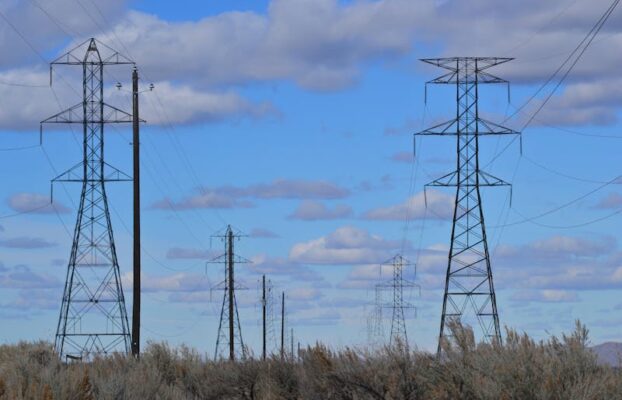The Nigerian Electricity Regulatory Commission (NERC) has directed the Nigerian Bulk Electricity Trading Company (NBET) to stop entering into new contracts for purchasing and reselling electricity or ancillary services. This directive, outlined in the Order on the Transition to Bilateral Trading in the Nigerian Electricity Supply Industry (the “Order”), ends NBET’s role as the intermediary between Generation Companies (GenCos) and Distribution Companies (DisCos), effective July 25, 2024. Moving forward, GenCos and DisCos are now expected to negotiate and establish bilateral contracts directly for the sale and purchase of electricity.
The Order comes against the backdrop of persistent issues in the Nigerian Electricity Supply Industry, such as poor revenue collection practices by DisCos, further exacerbating financial gaps, non-cost reflective tariffs, which have led to significant revenue shortfalls and delayed subsidies from the Federal Government, creating cash flow challenges.
Within this context, the Order aims to reduce the Federal Government’s financial liabilities and to drive greater efficiency within the Nigerian Electricity Supply Industry. Specifically, the Order directs GenCos with existing “take-and-pay” agreements to negotiate bilateral contracts with DisCos within 60 days, thereby allowing GenCos to secure more predictable revenues through direct agreements and by the same token enabling DisCos to optimise their energy procurement strategies, aligning with consumer demand.
Also, under the new framework created under the Order, the waterfall for the distribution of revenue collected by DisCos is prioritised as follows:
1.Payments for bilaterally traded energy.
2.NBET’s firm contracts with five designated GenCos.
3.Energy under NBET’s interim “take-and-pay” agreements.
Amongst others, this payment hierarchy ensures that bilateral contracts receive top priority, incentivising participants to adopt the new framework.
Lastly, GenCos are required to secure firm GSAs to support their contracted capacity within three months of executing bilateral agreements. These agreements must include “take-or-pay” provisions with penalties for supplier defaults, ensuring stability in fuel supply and enhancing the reliability of electricity generation.
Conclusion
The introduction of bilateral trading marks a pivotal shift in Nigeria’s electricity market, transitioning from a centralised framework to a more competitive, market-driven system. By empowering GenCos and DisCos to trade directly, the new framework promises to address inefficiencies, improve payment certainty, and enhance energy supply quality.


